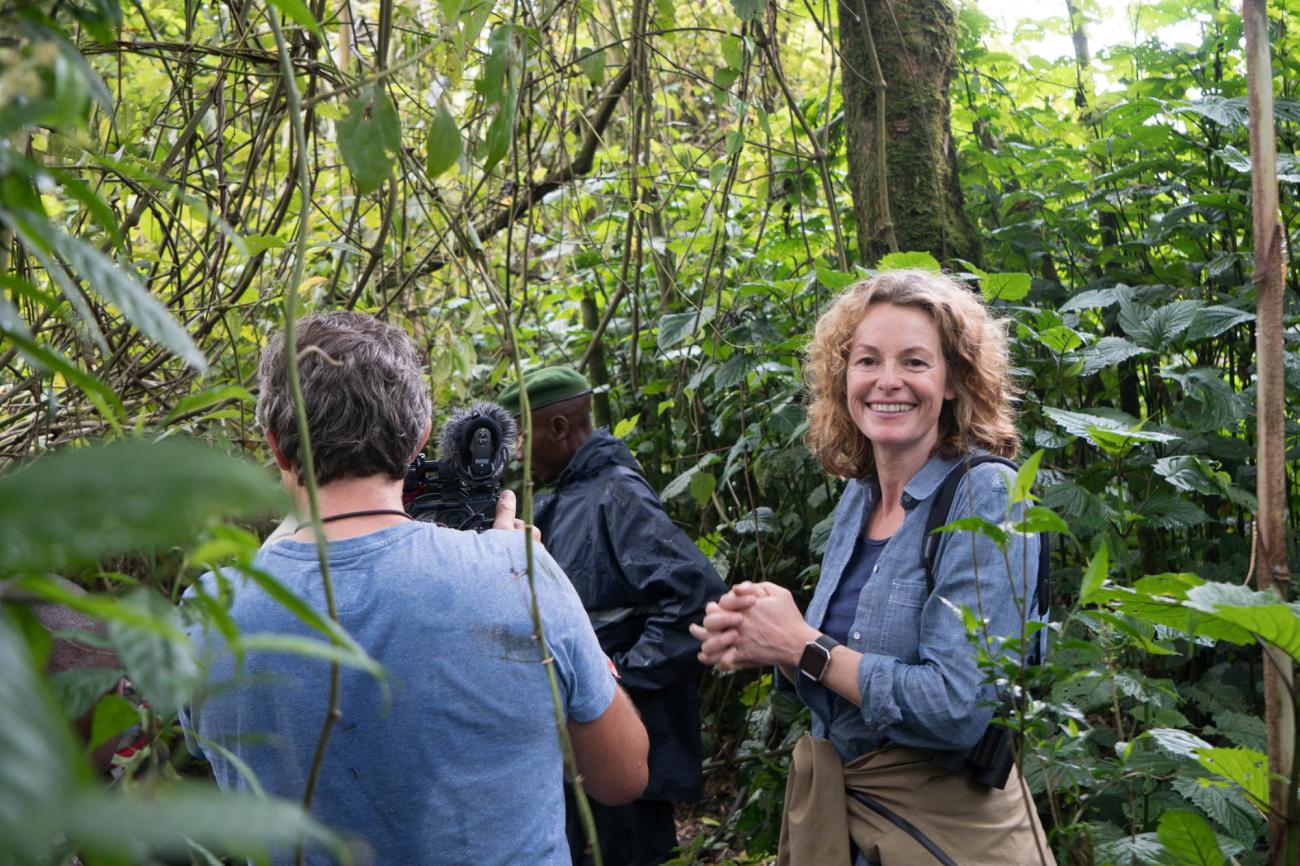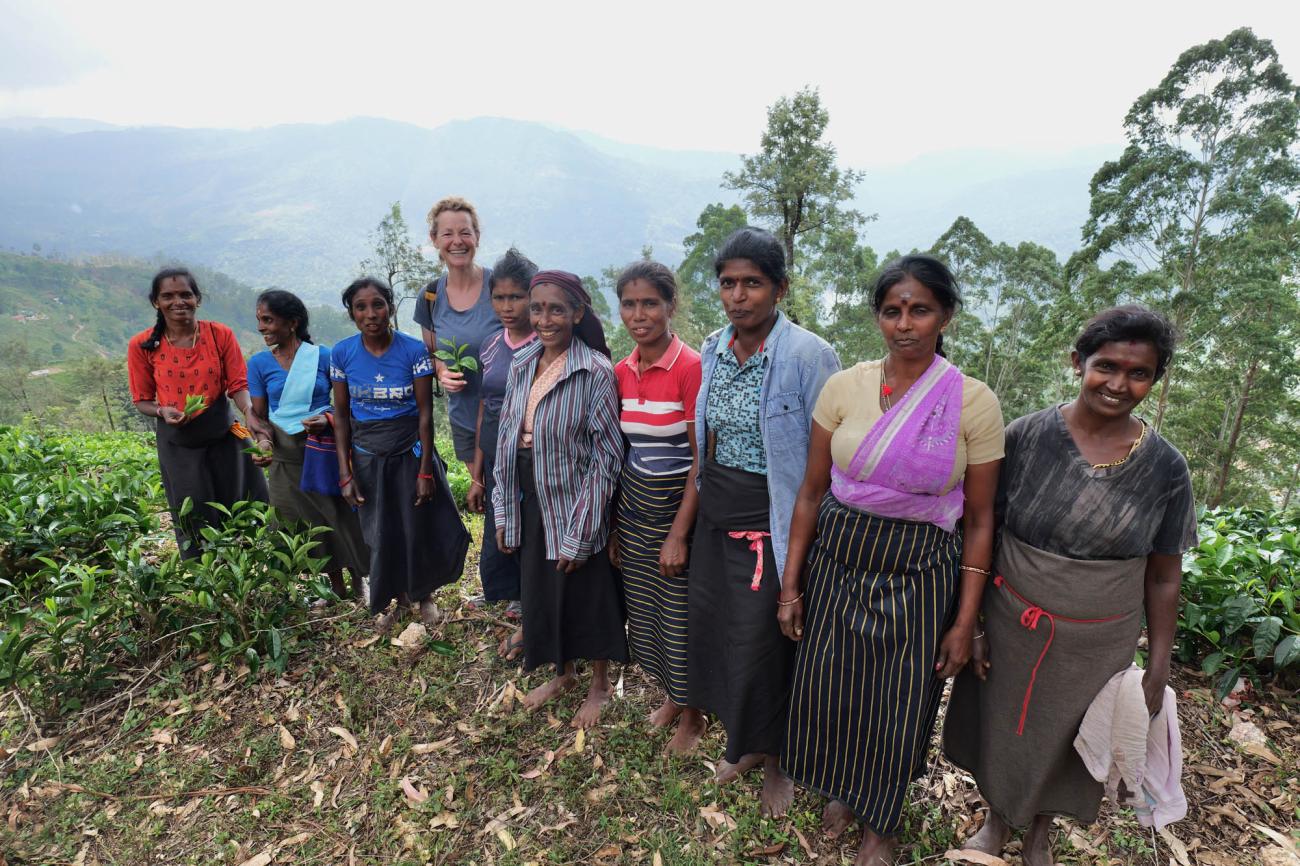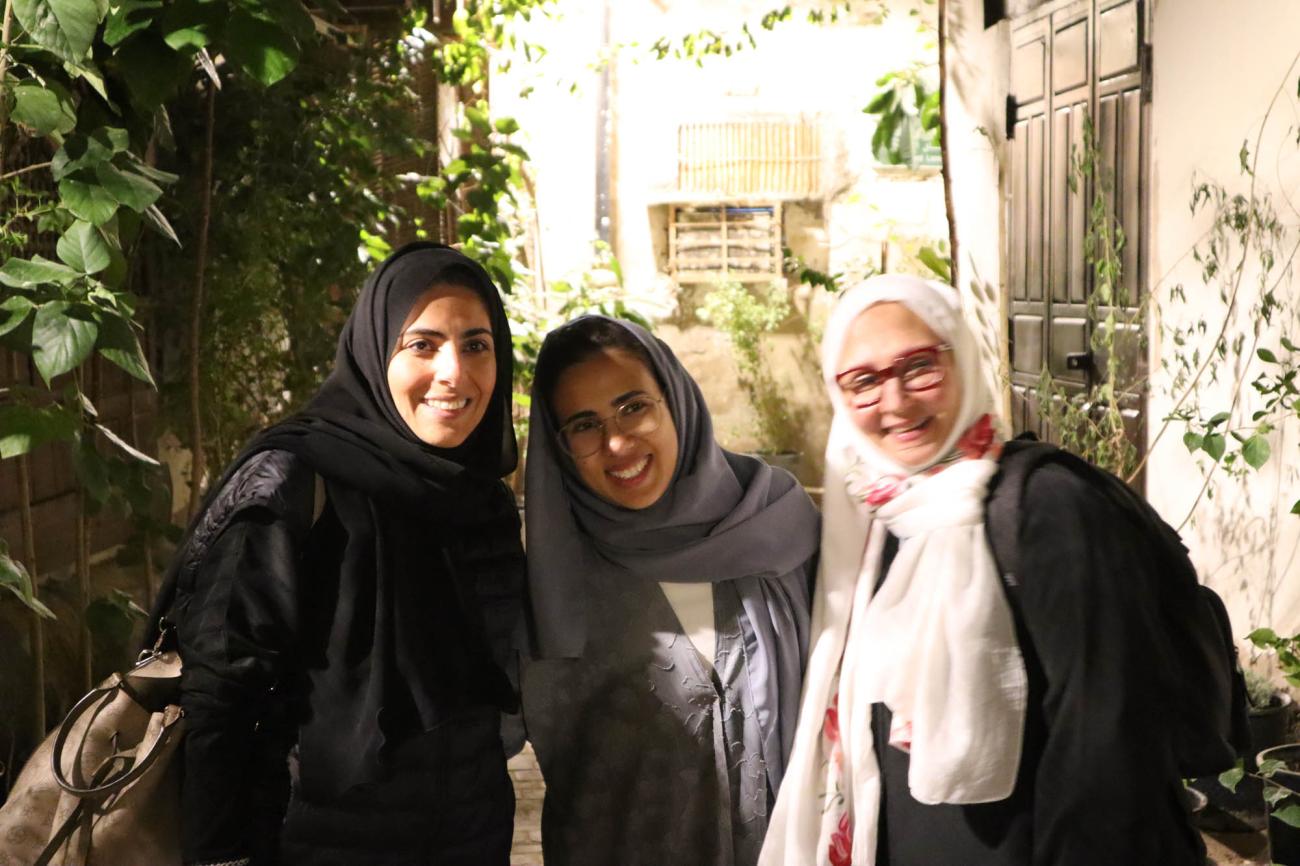Challenging Destinations – To Go or Not To Go?
Let’s be clear. Not everyone likes a challenge – especially when it comes to their much-anticipated, hard-earned holiday. For many, a holiday is a welcome break from the challenges that day-to-day life throws at all of us, so why make things difficult if there are plenty of alternatives that are easier, more predictable, and safer?
But what if there is a chance to step off the beaten track? To do something a bit different from everyone else and not follow the herd? Is that a chance that should be seized?
And what is a ‘challenging’ destination anyway? Surely everyone’s view of what is challenging is personal? That’s true, but some destinations are less visited for very good reasons. They might not be safe. It might not be ethical to go. They might have so little infrastructure that simply finding somewhere to stay or eat, or getting around might be just too difficult or unpredictable.
I went to Prague in 1992, long before the hordes of stags and hens were heading there to slosh from one club to another in a haze of cheap lager. We stayed in a tiny apartment for £19 a night, so close to Old Town Square that when the famed clock started to chime we could dash out and watch the hourly display of the Walk of the Apostles. We were its sole audience. The citizens of Prague continued on their way without giving it a glance.
We were there for a long weekend and walked all over the city, not just to see the landmarks we read about in our Rough Guide, the first edition of which had been published just a couple of months earlier, but on a seemingly endless quest to find something to eat. Cafes and restaurants were thin on the ground, opening hours were short and unpredictable, the food not always identifiable or, indeed, edible. We look back now, grateful that we saw the city just as it emerged from behind the Iron Curtain, still authentic and untouched by foreign expectation, but it is a memory forever tinged with gnawing pangs of hunger.

 (1).jpeg)
Wild Frontier’s founder Jonny Bealby, and Head of Operations Marc Leaderman discussed the pros and cons of travel to destinations such as Afghanistan, The Congo and Saudi Arabia in this month’s podcast. We all agreed that going to a place few would consider going to on holiday definitely has its benefits. You won’t be part of a crowd of tourists all jostling to see the same thing. Interactions and connections with local people are often more genuine and spontaneous, and your experience of the country more authentic. All of which, we agreed, make a trip like I did as a recce for Wild Frontiers to Afghanistan absolutely worth it. Travel was tricky, involving unreliable flights, and long car journeys on rough roads. Accommodation was very basic, even when we weren’t camping, and food was hard to come by. But the hospitality of the people, the sheer beauty and grandeur of the landscapes of the Wakhan Corridor through which we hiked, the privilege of being somewhere so totally unspoilt, so remote from the trappings of ‘civilisation’ were, to me, more than worth every small discomfort or inconvenience. When the chance came to return, I leapt at it.
Similarly, travel to the Congo, in the company of one of the country’s most eminent and respected conservationists, which led to an unforgettable encounter with the Eastern Lowland gorillas, highlighted another important point. As Marc said, often entire countries are deemed unsafe or unsuitable for travel when only very specific areas are affected. There are many areas of the Congo that he would not consider sending clients to, but not all. But in a world that is ever-changing, he is constantly reviewing the situation. The foreign office publishes advice that is freely available and informs British nationals of the potential risks of travel to various destinations. Marc will use that as a gauge but may choose to continue sending people to places like Sri Lanka, despite the FCDO saying there is a high risk of terrorism.
‘We work very closely with people in the country and they are often better placed to give more specific advice. I feel happy about sending people to Sri Lanka, but I wouldn’t send people to Venezuela or Sudan at the moment,’ he said. ‘When our agent left Venezuela, I knew I couldn’t send any of our guests there in good faith. And although destinations like Socotra are not dangerous, and as an independent traveller I would go, I wouldn’t send somewhere there because it is entirely reliant on just one flight a week from Abu Dhabi, which means should anything go wrong, the options available to get people out are very limited.’

There is an ethical question to consider at times, too. I went to South Africa in 1989 when the country was still under the apartheid regime. Even now, over three decades later, people question my decision to go. But my being there wasn’t an endorsement of the regime, nor was the £800 spending money I had with me (to last a year) going to prop up the government. But what it did do was teach me a lifelong lesson of the value of careful, sensitive travel – both for me and for the people around me. I learnt so many lessons on that trip. I saw for myself how life for South Africans – both black and white – was shaped, tainted and reduced by apartheid. I heard their stories from them, not interpreted by a foreign journalist. I went to Soweto and Alex. I was overwhelmed both by the kindness of strangers and the lack of judgement with which I was greeted. I learned that a news story is just one perspective. I learned there is capacity for compassion, courage and generosity even against a background of extraordinary hardship and inequality. I learned that being someone from the outside - who would listen to those stories, would sit outside shacks with men and women of all ages and chat and laugh, would play with the kids, would join their protest marches - did something important for them too. It made them feel heard. It made them recognised as individuals, not just part of a mass oppressed population. The role my trip played was insignificant to the government of South Africa. It didn’t do anything to influence the policy of apartheid one way or the other. But I like to think – to hope – that my trip wasn’t entirely insignificant to the people who chose to share a moment in their lives with me.

Saudi Arabia is a country similarly tainted by the reputation of the regime that runs it, but has become one of the newest destinations added to the Wild Frontiers list. It is a country that is undergoing huge social and economic reform incredibly quickly. The much-feared religious police have been abolished, women can drive and travel unescorted, and restaurants are no longer segregated. Tourism is being actively encouraged and both Jonny and Marc feel that if done sensitively, if it supports local enterprise and new job opportunities, particularly for women, it can be a force for good.
The greatest privilege we have when it comes to travel is choice. If we choose to travel well, with consideration for our planet and our fellow citizens, we can bring value wherever we choose to go, challenging or not.
